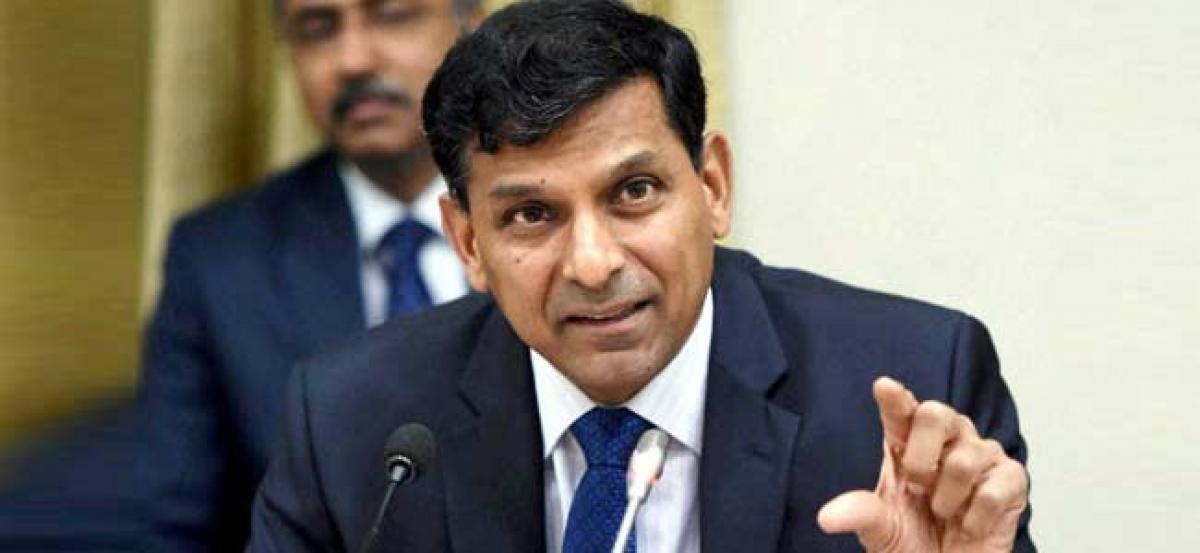Made it clear to government that demonetisation was not a good idea: Raghuram Rajan

Former RBI governor Raghuram Rajan has said that he made it quite clear to the government that demonetisation was “not a good idea”
Former RBI governor Raghuram Rajan has said that he made it quite clear to the government that demonetisation was “not a good idea” and that its implementation was “not well-planned” since 87.5% of the currency was being demonetised.
On November 8, 2016, the Centre banned ₹500 and ₹1,000 notes.
Speaking at the Harvard Kennedy School in Cambridge on April 11, Mr. Rajan rejected the claim that the Reserve Bank of India was not consulted by the government before it went ahead with the demonetisation. He, however, reiterated that the move to cancel 87.5% of the currency value was “not a good idea”.
“I didn’t ever say that I wasn’t consulted [on demonetisation]. In fact, I have made it quite clear that we were consulted and we didn’t think it was a good idea,” said Mr. Rajan who is currently the Katherine Dusak Miller Distinguished Service Professor of Finance at the University of Chicago’s Booth School of Business.
He said demonetisation “was not a well-planned, well thought-out, useful exercise and I told the government that when the idea was first mooted”.
Any macro-economist would say that if 87.5% of the currency is being demonetised, then it better be made sure that a similar amount of currency is printed and ready to be put back in circulation.
“India went into it without having done that. It had a negative economic impact but also the idea was that somehow people who had money stored in their basements without having paid taxes on it would overnight see reason and come to the government and say ‘sorry we were hiding this stuff, let me pay taxes on it’,” Mr. Rajan said, calling it a “naive view”.
Anybody who knows India, knows that very quickly we find ways around the system,” he said, adding that with “essentially” all the money that was demonetised coming back into the system, the exercise did not have the direct effect that was sought. While the longer term impact of demonetisation was yet to be seen, its negative economic impact included people not having currency, not being able to pay and economic activity plummeting especially in the informal sector.
“There may be some longer term impact that people think that if this sort of thing happens then the government is serious about collecting taxes. There may be greater tax payments but we still have to see strong evidence that that is true,” he said.
Mr. Rajan also expressed concern that a lot of people probably lost their jobs due to demonetisation but that has not been counted well as it would be mostly in the informal sector. “The positive impacts [of demonetisation] are out there in the future. We have no idea whether they will be important. To my mind it was not a policy that was useful at that time,” he said while speaking at the 2018 Albert H. Gordon Lecture on the ‘Leverage, Financial Crises, and Policies to Raise Economic Growth’
To a suggestion that demonetisation could have positively impacted growth, Mr. Rajan said, “You would have to find a new economic theory to explain how it helped the economy.” Most estimates of the cost of demonetisation vary between 1.5-2% of the GDP. It would be a really die-hard government advocate who would say that the growth benefits of demonetisation were immediate,” he said.
“Most of the supporters of the move would say that the benefits of the move are coming by changing the incentive to pay taxes. I would say 'yes', we will have to wait and see whether that in fact is true,” he said.










